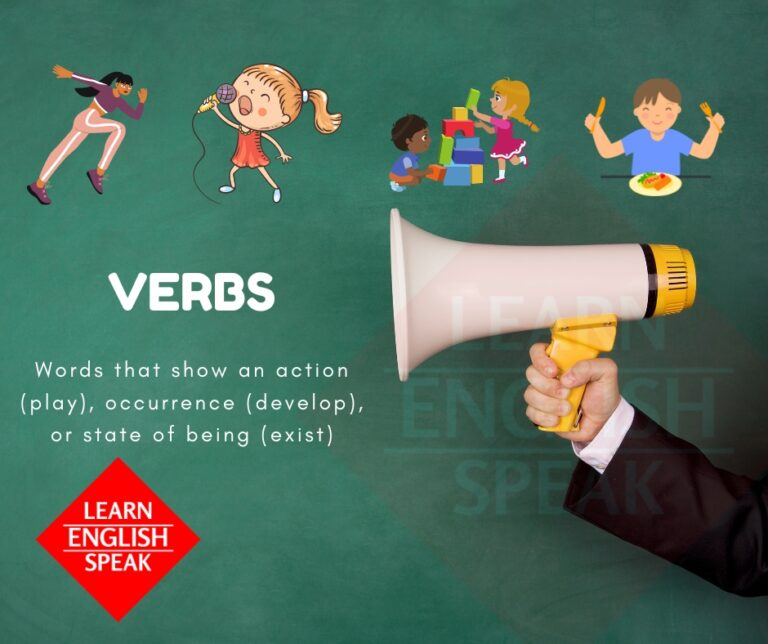
Verbs – Introduction
In English, verbs are categorized into different types based on their functions and roles within sentences. Those are action, linking, helping, and modal verbs.
Elevate Your Expression: Master the Foundations of English Grammar

In English, verbs are categorized into different types based on their functions and roles within sentences. Those are action, linking, helping, and modal verbs.
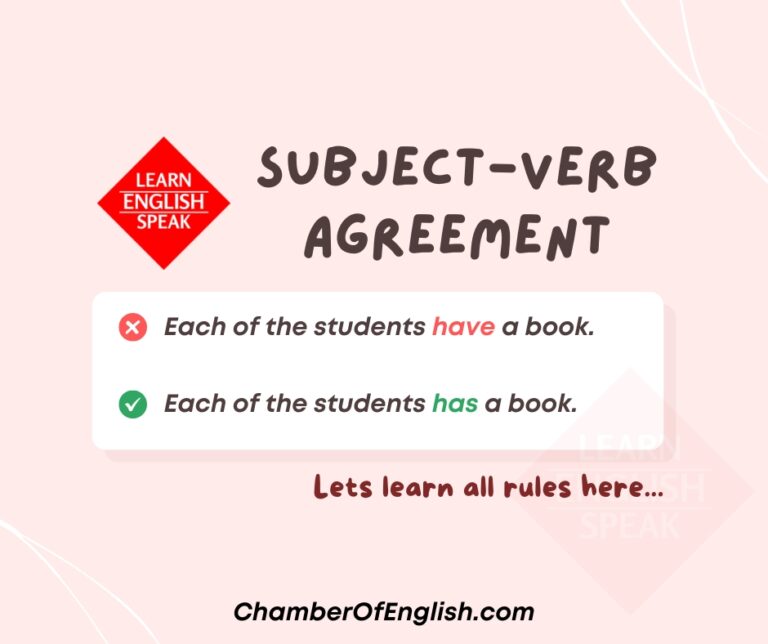
Subject-verb agreement is a fundamental aspect of English grammar that ensures your sentences are clear and grammatically correct.
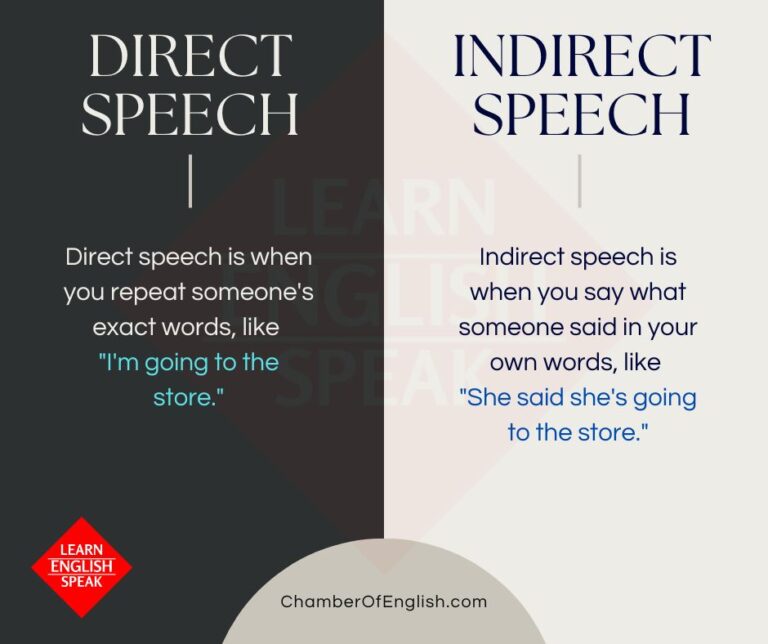
Direct speech is when you repeat someone’s exact words, like “I’m going to the store.” Indirect speech is when you say what someone said in your own words.
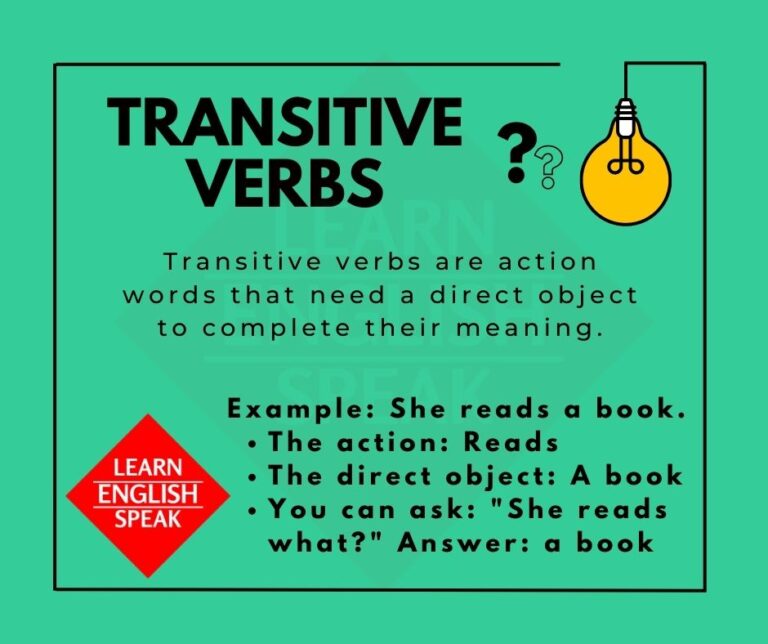
Transitive verbs are action words that need a direct object to complete their meaning. They help us understand what or whom the action is directed towards
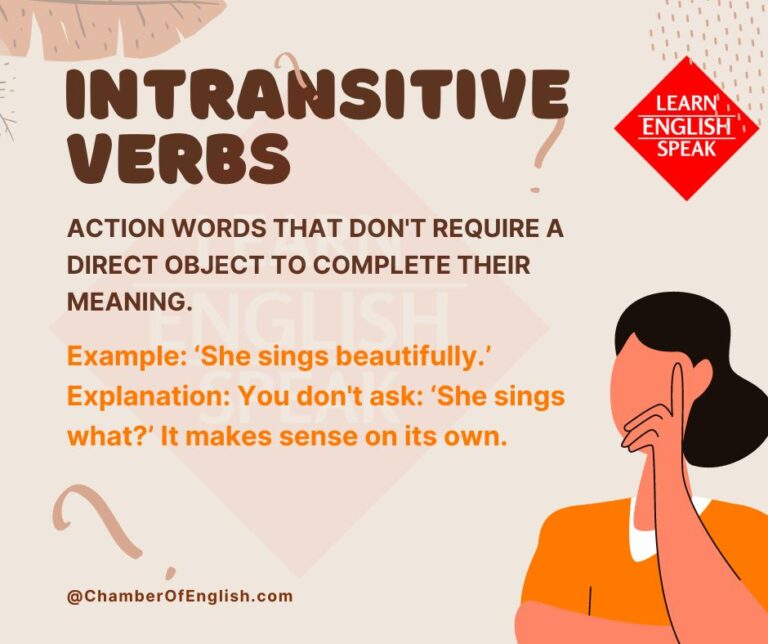
Action words that don’t require a direct object to complete their meaning. They stand alone, showcasing the action without transferring it to anyone or anything
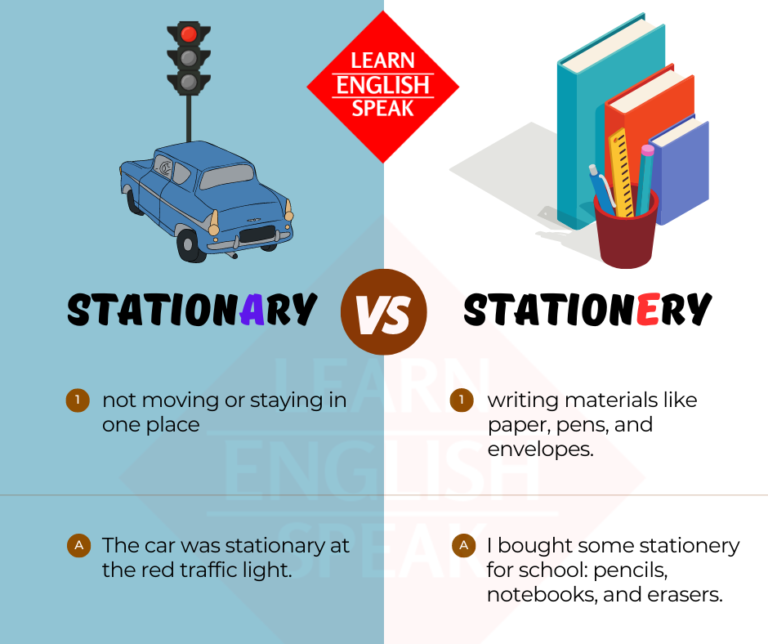
“Stationary” means not moving or staying in one place. “Stationery” refers to writing materials like paper, pens, and envelopes.
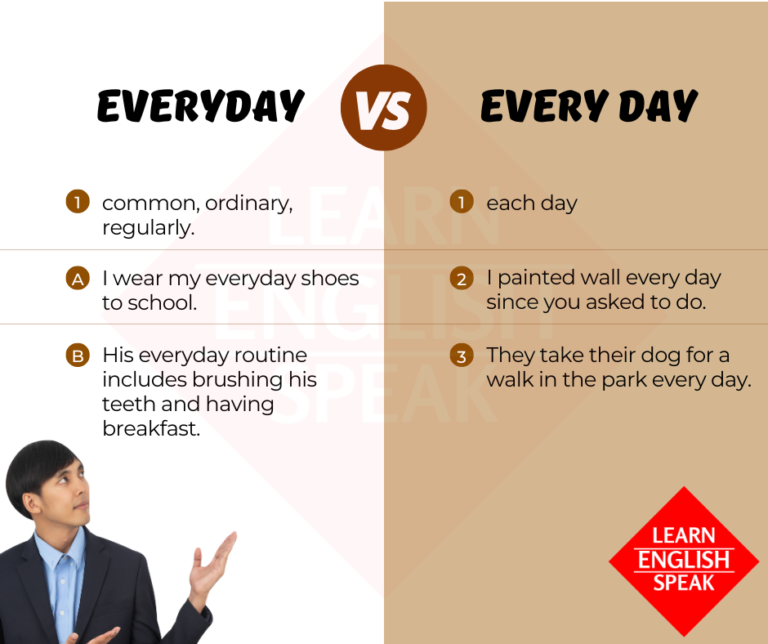
Everyday Vs. Every day: “Everyday” is used to things that happen regularly in your life while “Every day” means something happens each day, regularly.

Idioms are groups of words that mean something different from their literal meanings. Here are some commonly used idioms in English with examples.

There’s something called “phrasal verbs” that can make your conversations sound more natural. These are common phrases that are used a lot in spoken English.
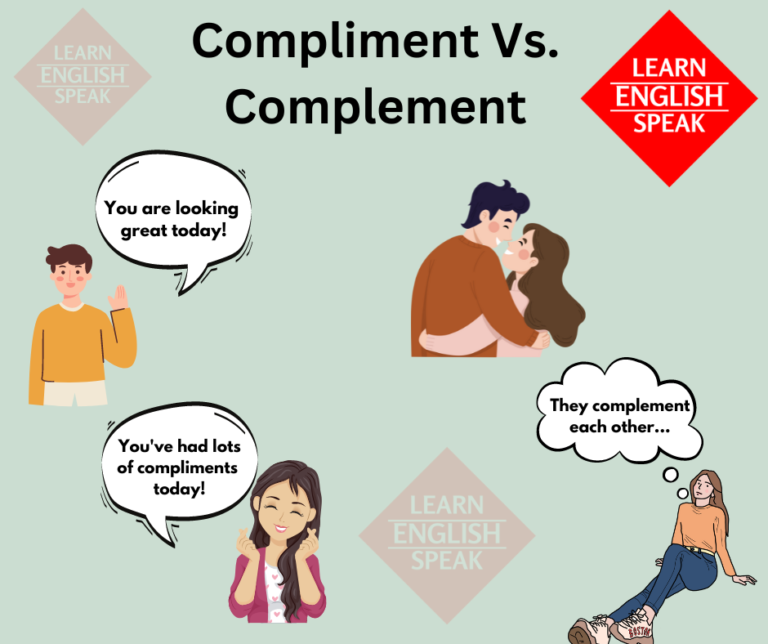
The words “compliment” and “complement” sound similar, but they have different meanings and are used in different situations.